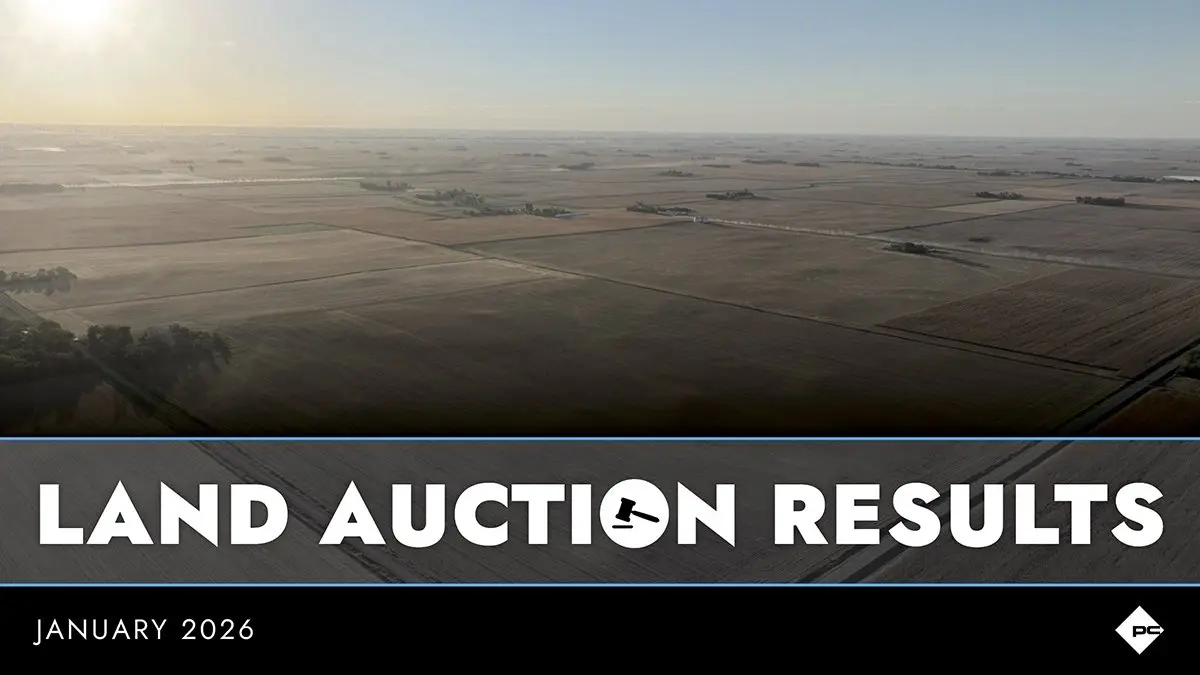.jpg)
With harvest already in swing in California, and soon Washington State and the rest of the Pacific Northwest, labor, as it has been for the last decade, is one of the hottest topics. Especially for producers of hand harvest crops who rely heavily upon the H2A program.
H2A is a federal program that brings migrant workers, mostly from Mexico and Central America, to temporarily work on America’s farmlands. Once part of the program, they typically return to the same farm or farms, year after year, and are provided housing, transportation, and other benefits. In Washington and Oregon, an H2A starting wage begins at $15.03 an hour and includes no deductions for the benefits listed. (crosscut.com 08/2019)
With the COVID-19 outbreak at hand, the farms that rely on this integral program to aid in the harvest of fruits such as berries, cherries, apples, and many varieties of vegetables, are finding themselves in a steady decline of migrant help. This is despite an emergency federal amendment stating that in person interviews at the Mexican consulates and US embassy in Mexico City, Mexico can be waived for previously approved 2019 H2A workers.
The amendment was supposed to help usher migrant farm workers through the Southern and Northern borders into the US but is proving to not be enough. Employers are now facing state regulations brought on by the pandemic, directly targeting the functionality of their operations and ability to host and hire the approved workforce. In Washington State for example, an official complaint filed by a farm workers union on April 1, 2020, states unsanitary conditions such as crowding of beds in housing, lack of tepid water in fields for hand washing, and lack of personal protective equipment or ability to provide proper social distancing measures in fields, is making it nearly impossible to continue regularly scheduled and needed work.
The majority of H2A farms providing this housing, transportation, food and more to migrant workers far surpass State and Federal Guidelines and provisions in our pre COVID-19 days. Agricultural employers of both H2A and domestic labor maintain they are doing everything possible in the interest of their employees during this pandemic. The filed lawsuits state otherwise though and threaten the ability of these farms to begin harvest, supply food to the American people, and provide an income and living for their employees.
Producers and H2A workers alike are concerned about how to safely move forward, without causing an extreme disruption to the food chains. These lawsuits brought on by special interest groups highlight the disconnect between consumers, their food, and how it makes it to their table.



.jpg)




